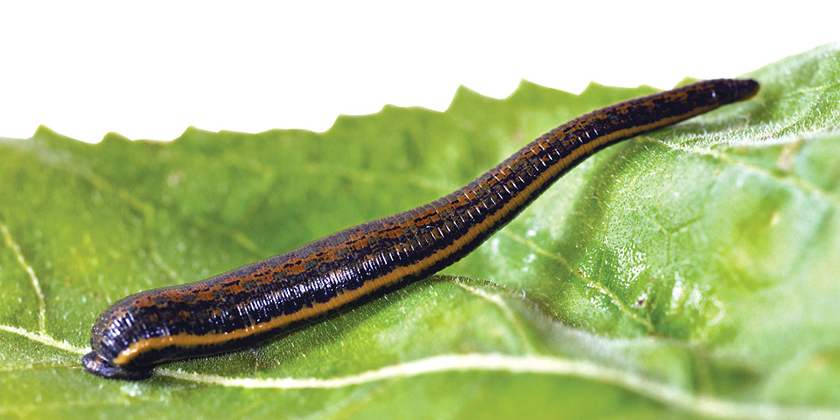Addressing Respiratory Congestion with Leech Therapy: What You Need to Know
What is Leech Therapy for Respiratory Congestion?
Understanding Leech Therapy’s Role in Respiratory Health
Leech therapy remains outside standard respiratory treatment practices for widespread conditions such as asthma and bronchitis that affect over 500 million people worldwide according to WHO data. My five-year career in public health research led me to study hirudotherapy which is mainly used for venous congestion but lacks substantial evidence for treating respiratory problems. Hirudin found in leech saliva could theoretically decrease inflammation yet proven respiratory benefits stay speculative (Frontiers).
How Leech Therapy Works
1. Mechanisms of Hirudotherapy
Medical leeches produce more than 20 bioactive substances which could be useful for treating inflammation.
- Anticoagulant Action: Hirudin prevents blood clotting, improving circulation (Healthline).
- Anti-Inflammatory: Research from ScienceDirect shows that Eglin and bdellins compounds diminish inflammation which could indirectly support respiratory functions.
- Blood Flow: Localized congestion diminishes due to suction but this effect does not extend to lung tissue directly (NCBI).
2. Theoretical Respiratory Application
Leech therapy for respiratory congestion targets systemic inflammation and secondary circulatory problems.
- Inflammation Reduction: Leech therapy has the potential to reduce inflammatory markers present in chronic respiratory diseases as reported by Frontiers.
- Circulatory Support: While improved blood flow could theoretically boost oxygen delivery, its effectiveness for lung treatment remains unsupported by evidence (ResearchGate).
Potential Benefits of Leech Therapy
- Inflammation Relief: Compounds from leech saliva such as eglin have the potential to lower systemic inflammation which might help relieve respiratory symptoms according to ScienceDirect.
- Pain Management: Analgesic properties offer potential relief from chest discomfort in patients with chronic conditions (Gavin Publishers).
- Complementary Use: Leech therapy might work alongside standard treatments for respiratory conditions caused by inflammation but lacks substantial evidence (NCBI).
Risks and Complications
- Infections: The presence of Aeromonas bacteria in leech digestive systems results in a 7–20% infection risk that could lead to respiratory health deterioration (PubMed).
- Blood Loss: Between 50% and 100% of patients require transfusions because of excessive bleeding (NCBI).
- Allergic Reactions: Rare but possible, including anaphylaxis (ResearchGate).
- Contraindications: Pregnant women along with individuals suffering from anemia or those taking anticoagulants should avoid this treatment according to findings reported by the JAMA Network.
- Lack of Evidence: Clinical research does not provide evidence that leech therapy improves respiratory congestion outcomes (Frontiers).
Scientific Perspective and Research Gaps
The 2024 systematic review confirmed hirudotherapy’s effectiveness in treating venous congestion and inflammatory conditions but did not provide sufficient data on respiratory congestion treatment (Frontiers). Animal research shows leech therapy reduces ischemia-related inflammation yet human respiratory applications have not yet been tested according to BMC Vet Research. My study shows leech therapy remains experimental when treating respiratory congestion because its potential benefits have not been proven beyond its harmful risks. Rigorous clinical trials are needed.
FAQ: Leech Therapy for Respiratory Congestion
What is leech therapy for respiratory congestion?
Medicinal leeches are utilized in respiratory congestion treatments to potentially decrease inflammation and enhance circulation despite lacking proof (NCBI).
Can it treat asthma or bronchitis?
Current research shows that there is no direct evidence for the effectiveness of leech therapy in treating asthma or bronchitis since it focuses on relieving venous congestion (Frontiers).
Is it safe?
Risks include infections, bleeding, and allergies. It’s contraindicated for certain conditions (PubMed).
Should I try it for respiratory issues?
The World Health Organization recommends seeing a medical professional because standard treatments work better for respiratory health.



